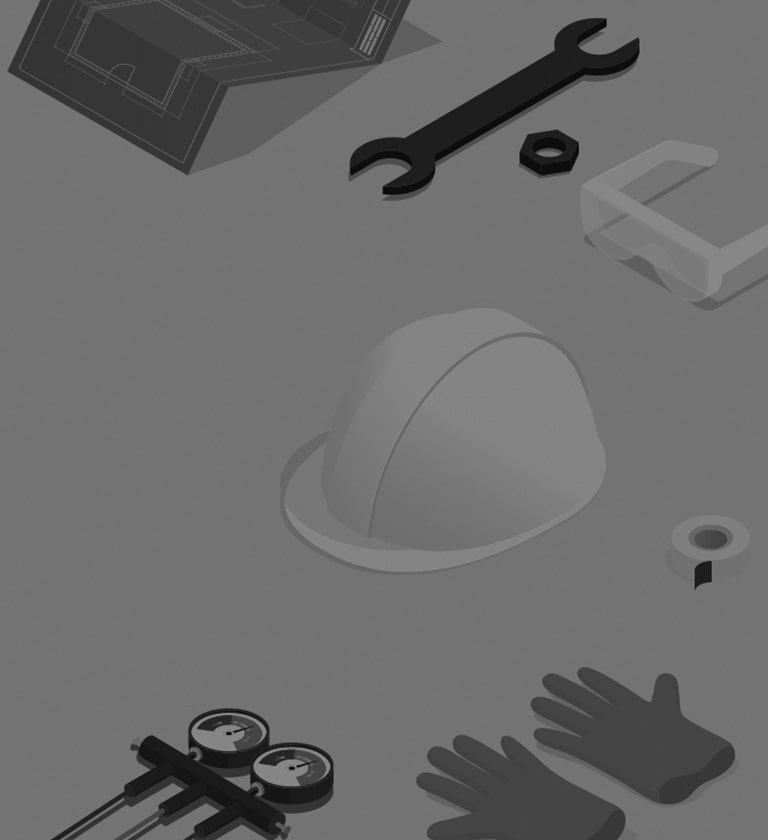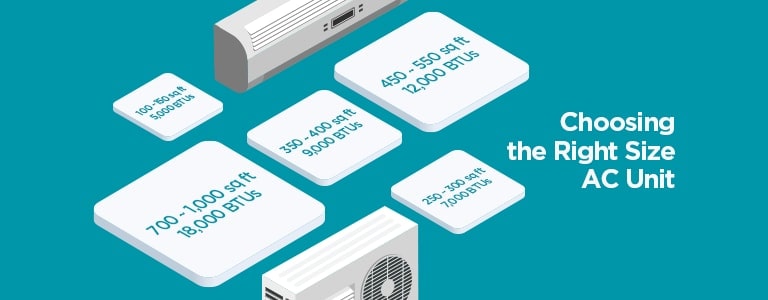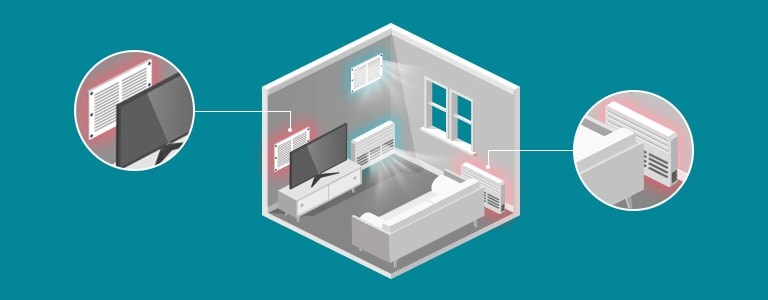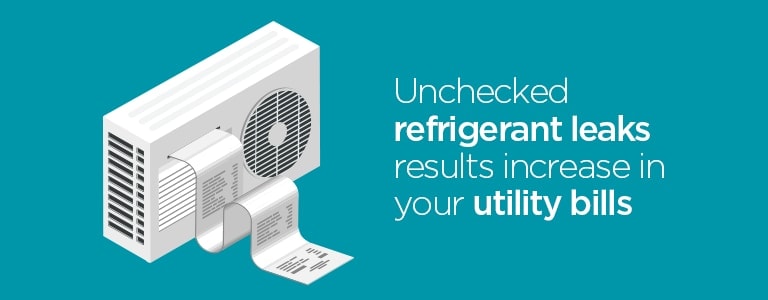We use cookies, including cookies from third parties, to enhance your user experience and the effectiveness of our marketing activities. These cookies are performance, analytics and advertising cookies, please see our Privacy and Cookie policy for further information. If you agree to all of our cookies select “Accept all” or select “Cookie Settings” to see which cookies we use and choose which ones you would like to accept.
The HVAC installation process is becoming more and more complex. Proper installation is crucial for the efficient operation and longevity of any HVAC system. However, even experienced technicians can make mistakes that may result in performance issues, reduced energy efficiency, and costly repairs. Although learning from mistakes is a great way to learn, being aware of potential mistakes will ensure optimal system performance and customer satisfaction. Let’s look at some common mistakes made when installing an HVAC system and how they can impact the system’s performance.
Choosing the Wrong Size AC Unit
One of the most significant mistakes made when installing an HVAC system is the improper sizing of HVAC equipment. An undersized HVAC system will struggle to maintain the desired temperatures since it will need to run longer and harder than it was designed to do. Conversely, oversized units lead to frequent on-off cycling and inefficient operation. This naturally stresses the system and ends up increasing energy and maintenance costs.1) For optimal energy consumption and a longer product life, choosing the right unit size is an important factor.
1) https://www.forbes.com/home-improvement/hvac/air-conditioner-size-guide/
Choosing the right size air conditioner unit
Incorrectly Positioning the Thermostat
Thermostats must be accurately placed to ensure precise temperature readings and proper system control. Thermostats should be installed in the center of the home on an interior wall that is unaffected by the outside temperature.2) False readings will cause inefficient cooling or heating performance. Thereby, spaces near drafty or abnormally warm areas like windows, vents, doors, or sunny corners should be avoided.3) Regular calibration checks are also recommended to maintain optimal performance.
2) https://devards.com/why-is-the-placement-of-my-thermostat-important/
3) https://cielowigle.com/blog/thermostat-placement/
Installing Outdoor AC Units Without Sufficient Space for Airflow
The location of the HVAC system’s outdoor unit is paramount to the performance of the overall system. Placing an outdoor unit in an area that is hemmed in or crowded may lead to hot and cold patches throughout the home or even pose a safety hazard. Covering or leaving units in hot and sunny areas will cause potential damage to the system and lower efficiency. Just as we each need our own personal space to perform tasks successfully, an outdoor HVAC unit needs open space to execute its functions to the fullest.*
* LG is not liable for any issues caused by non-compliance with the installation guidelines.
Incorrectly Positioning Indoor AC Units or Vents
Inadequate airflow design can hinder the system's performance and compromise indoor comfort. Therefore, the surrounding area of the AC unit should be cleared as this will improve the system’s cooling efficiency and greatly amplify performance.4) In terms of the ventilation system, it is recommended to install your vents high up on walls or ceilings to avoid interior furnishings from blocking them and impeding the circulation of air.5) The location of vents may even determine how your customers arrange their furniture and decorate their homes. So never undermine the importance of positioning your indoor units and vents correctly.
4) https://nrs.vegas/blog/air-conditioners/5-big-ac-installation-mistakes-to-avoid-at-all-costs
5) https://www.houzz.com/discussions/4768120/ac-vent-placement-on-vaulted-ceiling
AC units installed in the house
Unchecked Refrigerant Leaks
Improperly charging refrigerant may result in reduced cooling capacity, lower energy efficiency, and, eventually, leakage. An unchecked refrigerant leak can lead to an increase in your utility bills as a loss of refrigerant in the system reduces efficiency.6) Exposure to refrigerants can also pose some serious health risks like dizziness, skin rashes, heart palpitations, etc.7) Therefore, checking for a refrigerant leak should be a high priority after the installation process has been completed.
6) https://nrs.vegas/blog/air-conditioners/5-big-ac-installation-mistakes-to-avoid-at-all-costs
7) https://adventair.com/blog/refrigerant-leaks-health-issues/
Heat Pump spit up a bills
Improper HVAC Ductwork
Proper ductwork is essential to avoiding major indoor air quality issues. Some homeowners keep the old ducts even after installing a new HVAC unit. It may save you money initially but it’s not always ideal. Old ducts trap impurities such as dust, debris, pollen, and mold. A poorly sealed duct will lower the air quality and expose you to irritants and air pollutants, resulting in allergy symptoms, breathing problems, and other health-related risks.8) The old ducts could also be incompatible with your new system, especially if you changed the size of the HVAC unit. If your ducts are too small, they will not allow proper and sufficient airflow.9) This will dramatically lower the cooling performance of the system.
8) https://www.servicechampions.net/blog/signs-air-ducts-bad-ductwork
9) https://overlandparkheatingandcoolinginc.com/duct-design/
Undermining the Process
If one aspect of the installation is not completed properly, the system will never realize its full potential and could face a wide range of issues. For example, neglecting insulation around refrigerant lines can cause condensation, energy loss, and potential water damage. Additionally, improper wiring, loose connections, or incorrect voltage can cause system failures, irregular operation, or permanent damage to electrical components. Keep things professional for professional results.
Unprofessional DIY Repairs
DIY projects might help you save money in some cases, but installing or repairing HVAC systems isn’t one of those cases. HVAC DIY repairs can put your physical safety, your wallet, and the proper operation of your equipment at risk. Since HVAC repairs involve electricity, a slight mistake could lead to a house fire, equipment malfunction, or other safety concerns.10) HVAC repairs also require a range of specialized tools and replacement parts, which need to be upgraded periodically as new advances in HVAC technology are made.11) Complying with industry standards is usually the best option.
10) https://paracohvac.com/blog/why-you-should-avoid-diy-hvac-repairs/
11) https://www.drhvac.ca/blog/risks-of-diy-hvac-repairs-vs-professional/
Avoiding these common HVAC installation mistakes is crucial for achieving optimal system performance, energy efficiency, and customer satisfaction. We hope that you keep these items in mind and learn before you make any mistakes.
*Products and solutions may vary according to country and operating conditions.
Contact Us
Please contact us for more information, and we will get in touch with you soon.



